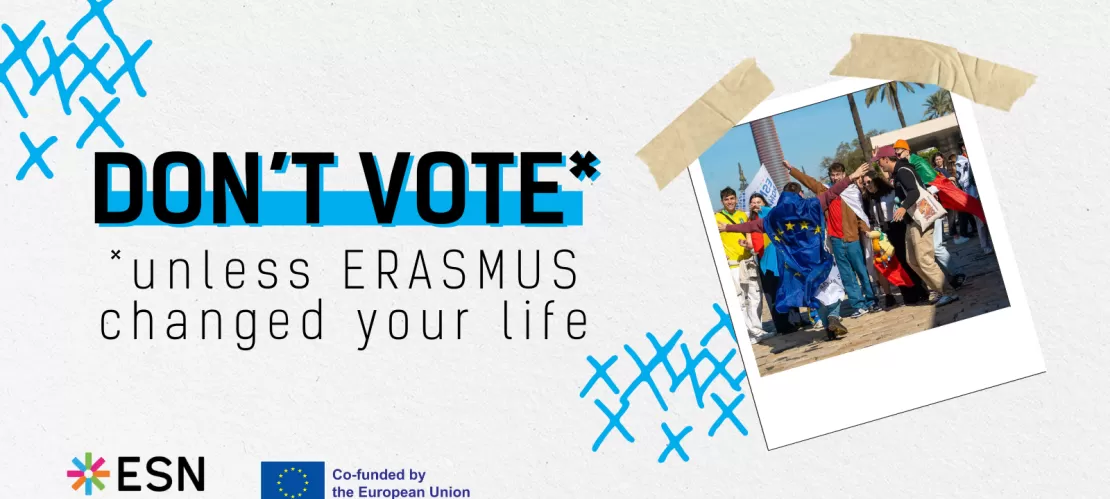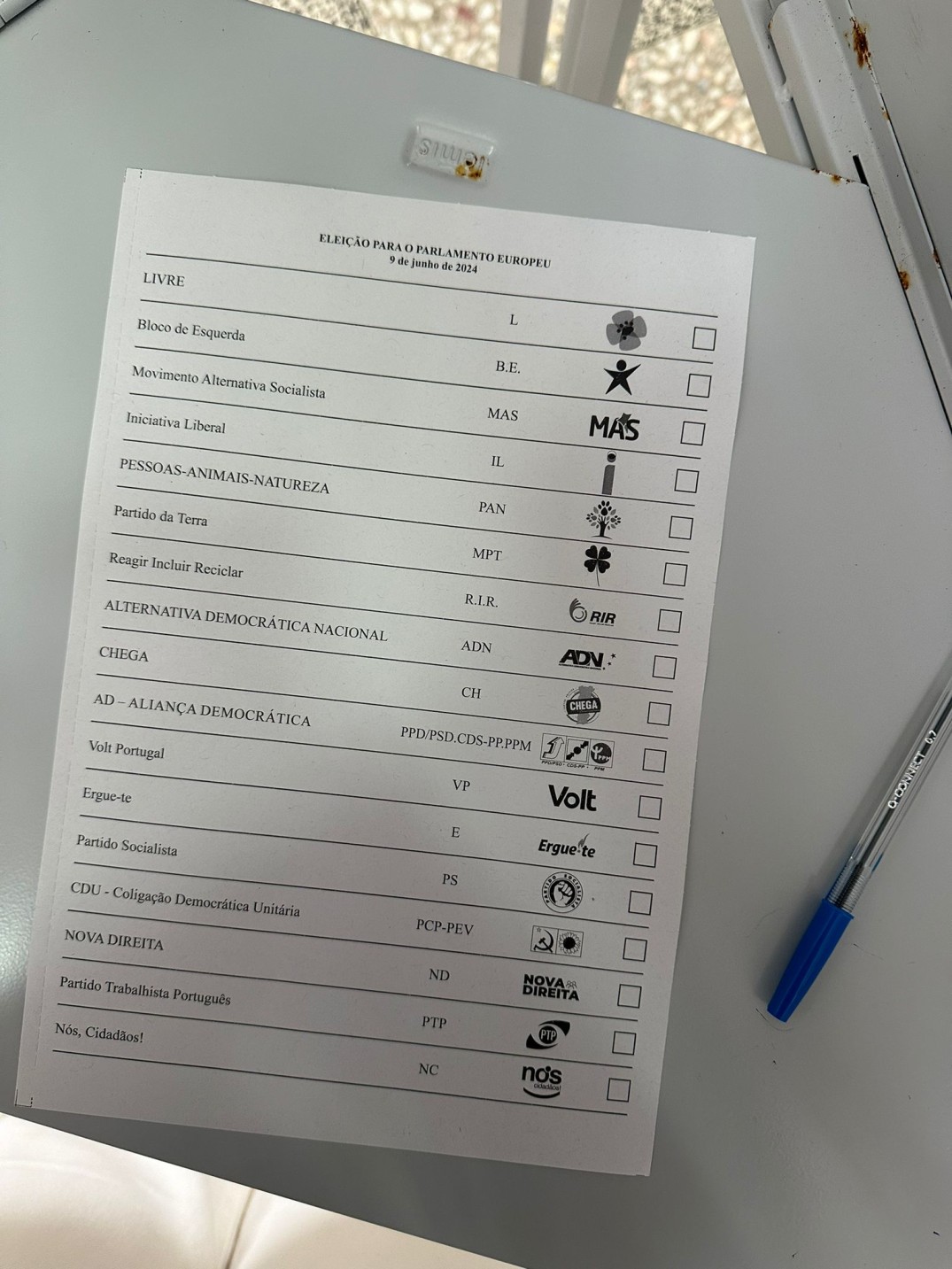
The final day has finally come, and after months of waiting, I cast my vote in the European Elections! Now it’s time to see what the future holds for Europe.
In the hours following my vote, I stayed attentive to the news to understand the election results, especially in my country, Portugal.
I was pleasantly surprised to see that voter turnout was higher compared to the last election, with 36.54%, although still lower than the European average. These positive results show that the national measures allowing citizens to vote from anywhere in the country were a success. Normally, in Portugal, citizens need to vote at an assigned polling station. To foster voting, measures were implemented to enable citizens to vote from any location in the country, making it easier for displaced workers and students to participate in the elections.

After the thrilling experience of voting in Portugal, I returned to the capital of the European Union, where we experienced the aftermath of the European Elections.
In Brussels, focusing on my role within the Erasmus Student Network, I dedicated my time to exploring the election outcomes, the projected seats for each political group, abstention levels, especially among young people, and the next steps regarding the composition of the European Commission and the European Parliament.
It’s truly an exercise in democracy, and we understand that every vote counts. As EU citizens, we make a difference with all our actions, especially when we head to the polls every four years.

The outcomes of the new Parliament and the European Commission will be extremely important for understanding the next steps in ESN's advocacy efforts concerning higher education, mobility, and the Erasmus+ Programme. Especially with the negotiations on the new Multiannual Financial Framework approaching and the new Erasmus+ Programme, ESN aims to ensure that students continue to be at the centre of EU education policies.
